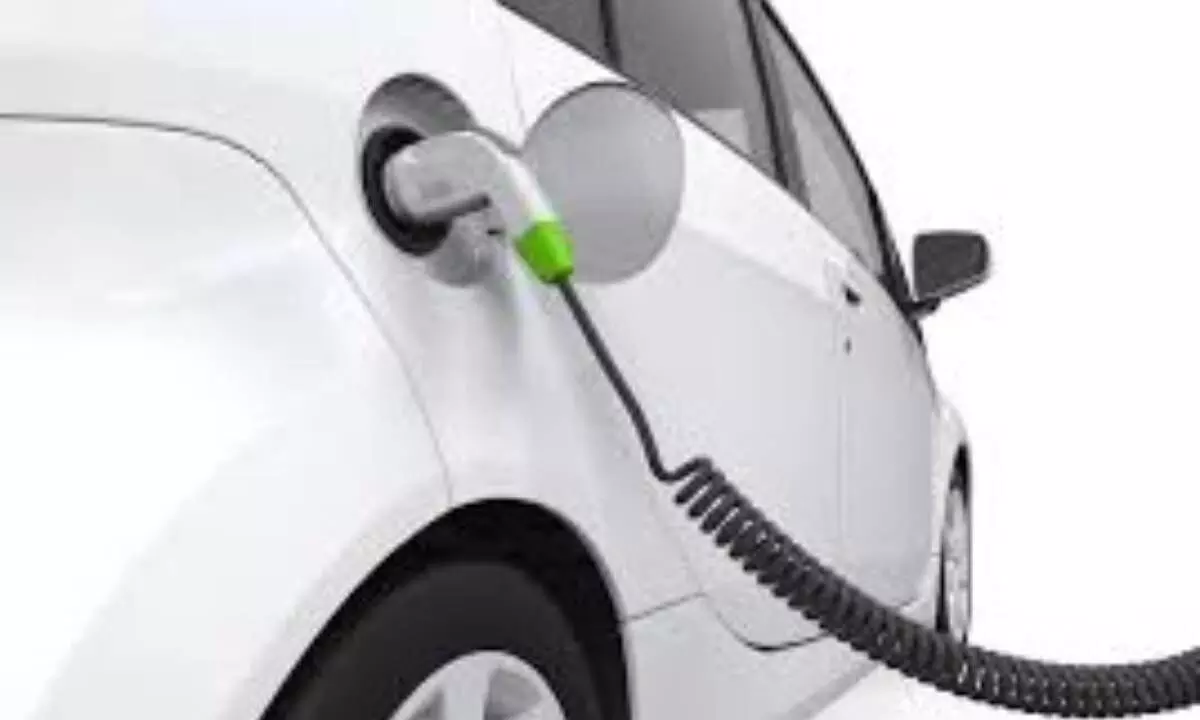Greece aims at tenfold increase in electric taxis in Athens by 2026
Greece aims to increase the number of electric taxis circulating in the Athens wider area tenfold by 2026, as part of efforts for a shift to climate-friendly electromobility, officials said
image for illustrative purpose

Athens, June 20: Greece aims to increase the number of electric taxis circulating in the Athens wider area tenfold by 2026, as part of efforts for a shift to climate-friendly electromobility, officials said.
Currently, only 100 out of 13,661 taxis in Athens are electric. The target of a program formally launched on Wednesday is to increase this number to at least over 1,000 within the next 18 months through the support of the state and the private sector, Xinhua news agency reported.
Under the existing Green Taxi scheme, which was announced last year and expires in 2025, taxi drivers can receive subsidies of up to 22,500 euros (24,189 US dollars), amounting to about 40 per cent of the cost of a new electric taxi, said Christos Staikouras, infrastructure and transport minister.
"It is funded by the Recovery and Resilience Fund, and the budget can cover the replacement of up to 1,770 old, polluting taxis with electric ones. The precondition is the withdrawal of the old vehicle," he said.
A total of 40 million euros (42.8 million dollars) are available. So far, just 100 applications have been submitted, he added.
In order to step up the pace, a supplementary program named Zap Taxi Club was created by the private sector in coordination with the state. It offers taxi drivers the additional funds needed to take the step through a leasing proposal by the leasing branch of National Bank, one of the systemic banks in Greece.
With a monthly fee in combination with the state subsidy, taxi drivers can eventually own a new electric car within a few months. They can choose between vehicles manufactured by seven companies, including Chinese BYD.
In parallel to the Green Taxi program, the Infrastructure and Transport Ministry also subsidises the purchase of electric cars by non-professionals and some 28 million euros (30 million dollars) have already been allocated, they said.

